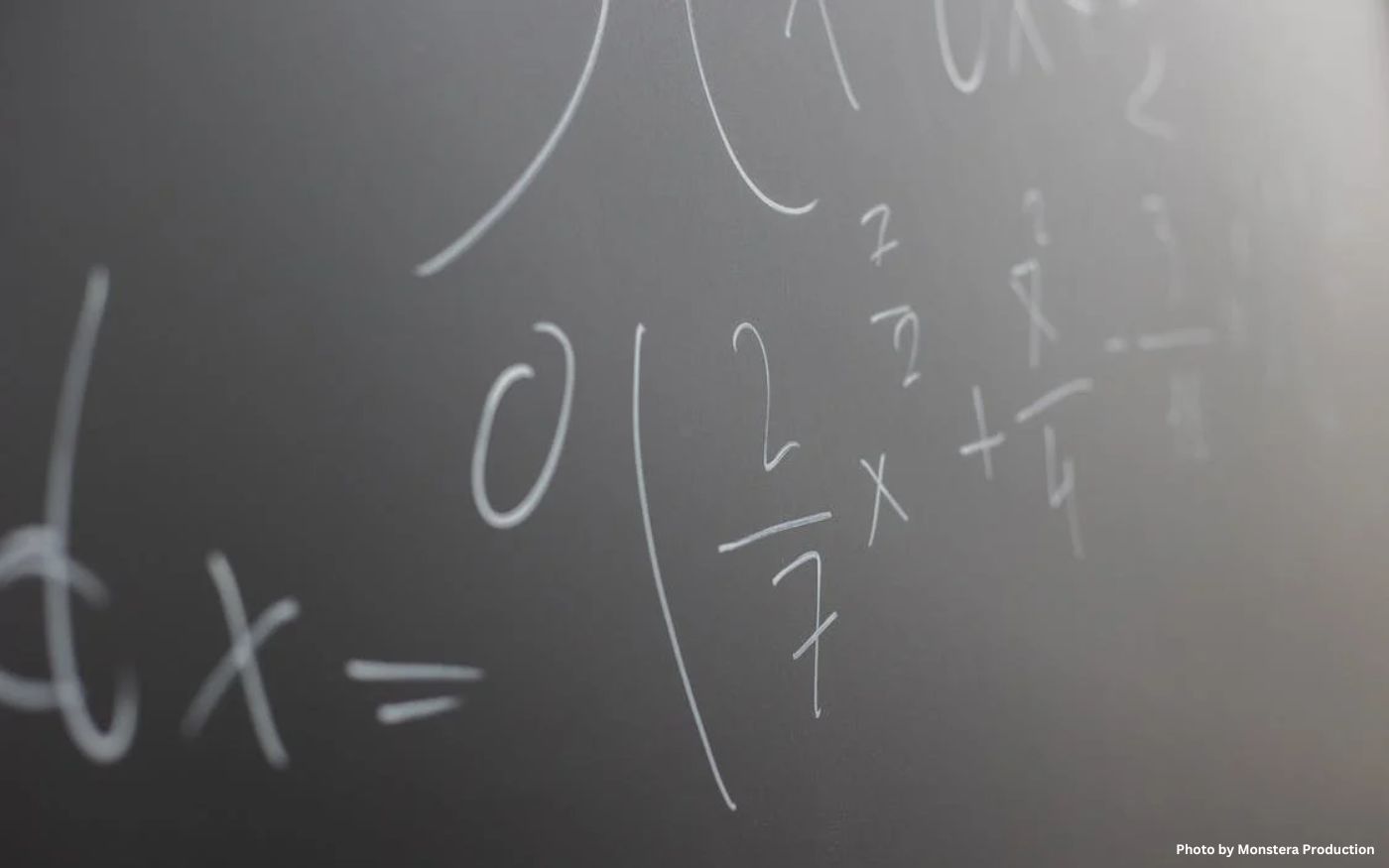Research by: Jinnie Shin, Renu Balyan, Michelle P. Banawan, Tracy Arner, Walter L. Leite, & Danielle S. McNamara
EXECUTIVE SUMMARY
In the realm of modern education, video-based instruction has gained widespread recognition for its potential to enhance student autonomy and self-directed learning. However, the complexities of online teaching persist as a challenge. The effective delivery of digital education demands educators to be well-versed in digital teaching methodologies. Consequently, there exists a critical need to delve into the nuances of instructors’ communication patterns in this context. This research addresses this need by employing computational linguistic tools and natural language processing (NLP) techniques to analyze pedagogical discourse in online Algebra 1 video lectures.
This study focuses on the analysis of pedagogical communication patterns within Algebra 1 video lectures conducted in the virtual math learning environment of Math Nation. A total of 125 video lectures, comprising 4962 instances of pedagogical discourse, were examined. The primary goal was to understand the linguistic, attitudinal, and emotional nuances conveyed by instructors. Utilizing 26 Coh-Metrix and SÉANCE features, educators’ language choices were classified with an impressive accuracy of 86.7%. Furthermore, variations in language choices were explored using K-means clustering, resulting in the identification of 17 clusters grouped into interpersonal, structural, and cognitive pedagogic functions.
The findings of this research underscore the significant potential of NLP in effectively deciphering pedagogical communication patterns within video lectures. These insights create an avenue for further research, which could involve evaluating the efficacy of digital instruction by scrutinizing pedagogical discourse characteristics in computer-based learning environments.
The methods employed in this study encompass a three-stage analytic process. The first stage involved categorizing communication components within video lecture transcripts. On average, workbook, lecture, and communication components constituted approximately 18%, 59%, and 22% of the transcripts, respectively. This categorization approach was validated through visualizations across Algebra topics, highlighting systematic patterns in component usage.
The discussion emphasizes the importance of intentional language choice in video lectures, as it directly influences students’ motivation and engagement. The physical distance between instructors and students in online settings underscores the significance of effective communication in maintaining engagement and mitigating feelings of isolation.
The conclusion underscores the innovative nature of the study, which combined theoretical frameworks with NLP techniques to provide empirical evidence of effective communication in video-based instruction. The approach’s domain-independent nature and the identification of distinct pedagogical communication patterns open avenues for improved computer-based instructions and professional development for online instructors.
The educational implications of this research are multifaceted. The study contributes to scholarship by offering insights into pedagogical communication patterns in video-based instructional environments. It suggests the potential for enhanced computer-based instructions and personalized online learning experiences. The findings also inform instructor training and strategies, aiding instructional designers in creating effective pedagogical communication strategies based on linguistic analysis and functional pedagogy. Moreover, the study advocates for the integration of NLP in tracing and investigating instructors’ communication patterns, further enhancing the quality of online education.
In conclusion, this research leverages NLP and computational linguistic tools to shed light on the intricate communication patterns present in online Algebra 1 video lectures. The findings highlight the potential of NLP in understanding pedagogical discourse and provide valuable insights for enhancing digital instruction and teacher training in virtual learning environments.
To cite this article: Shin, J., Balyan, R., Banawan, M. P., Arner, T., Leite, W. L. & McNamara, D. S. (2023). Pedagogical discourse markers in online algebra learning: Unraveling instructor’s communication using natural language processing. Computers & Education, 205, 104897. https://doi.org/10.1016/j.compedu.2023.104897.
To access this article: https://doi.org/10.1016/j.compedu.2023.104897.
About the Journal
Computers & Education aims to increase knowledge and understanding of ways in which digital technology can enhance education, through the publication of high-quality research, which extends theory and practice.
Journal ranking
| Chartered Association of Business Schools Academic Journal Guide 2021 | NA |
| Scimago Journal & Country Rank | SJR h-index: 215
SJR 2021: 3.68 |
| Scopus | Cite Score: 23.8 |
| Australian Business Deans Council Journal List | NA |
| Journal Citation Reports (Clarivate) | JCI 2021: 3.75
Impact factor: 11.182 |





